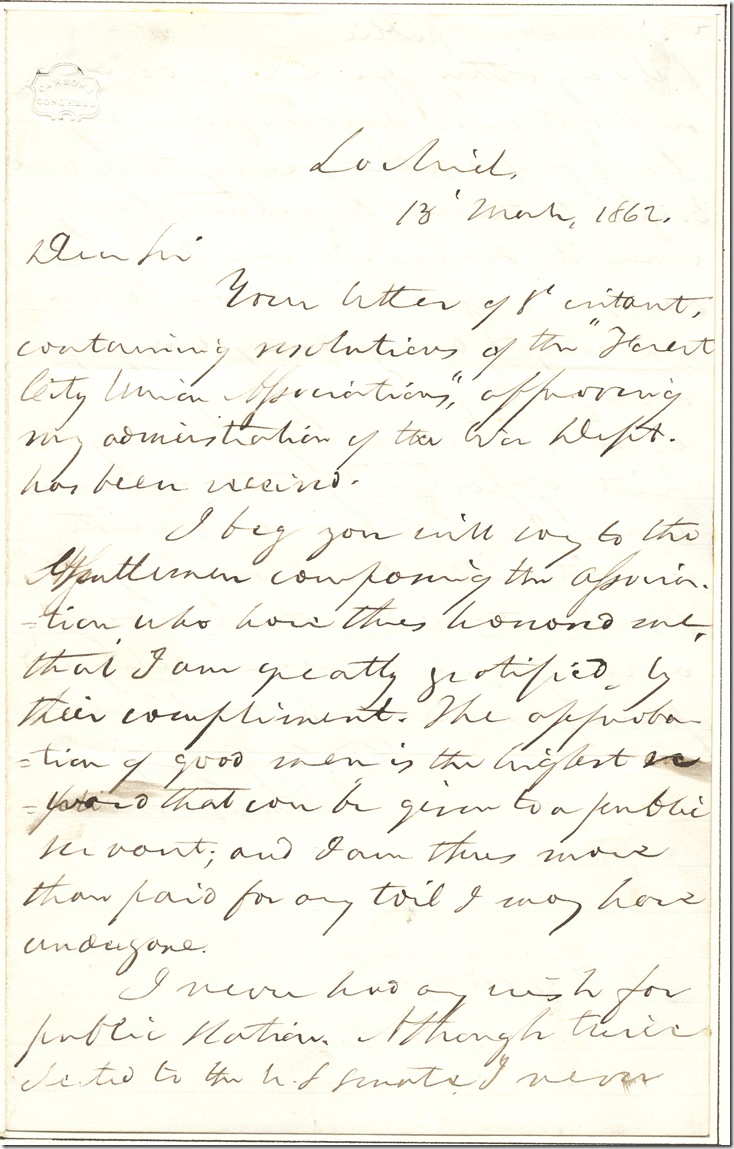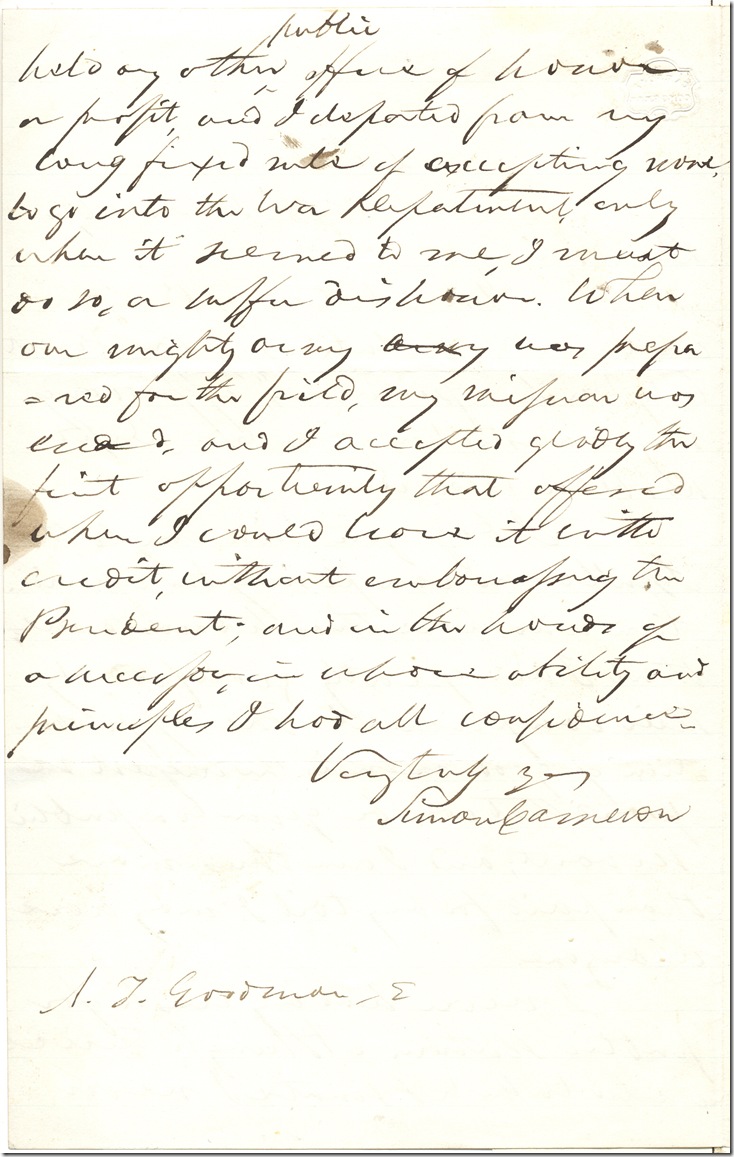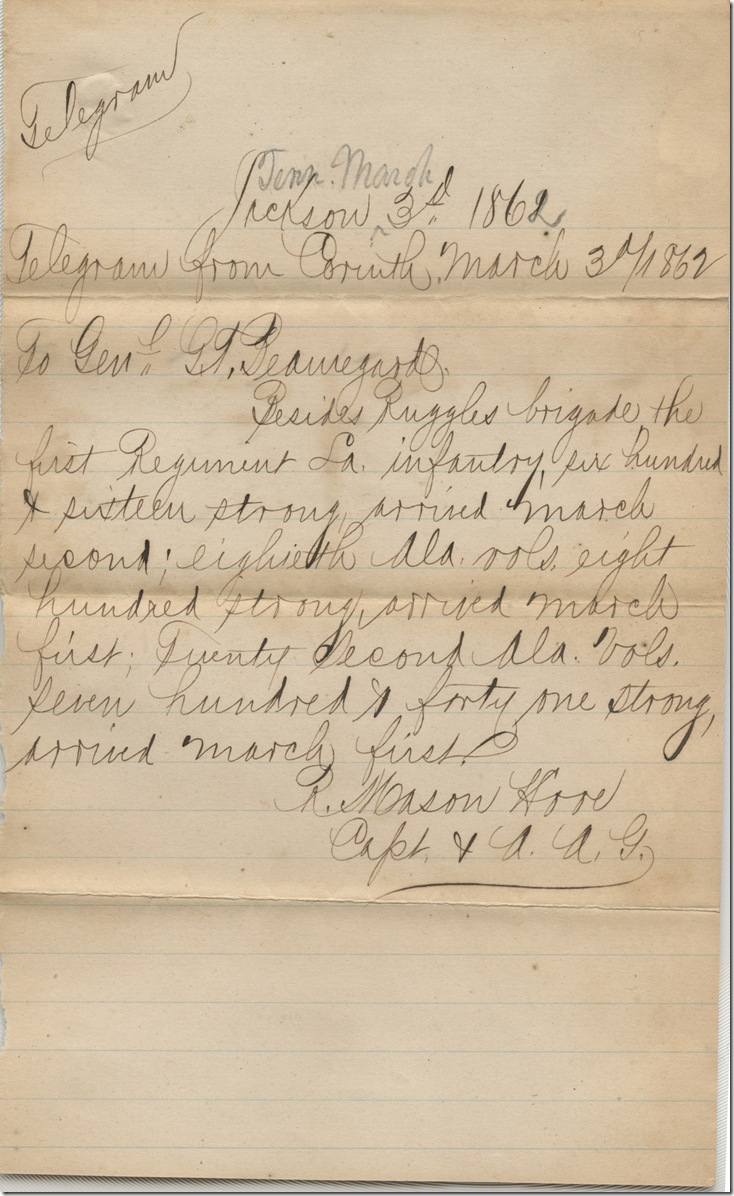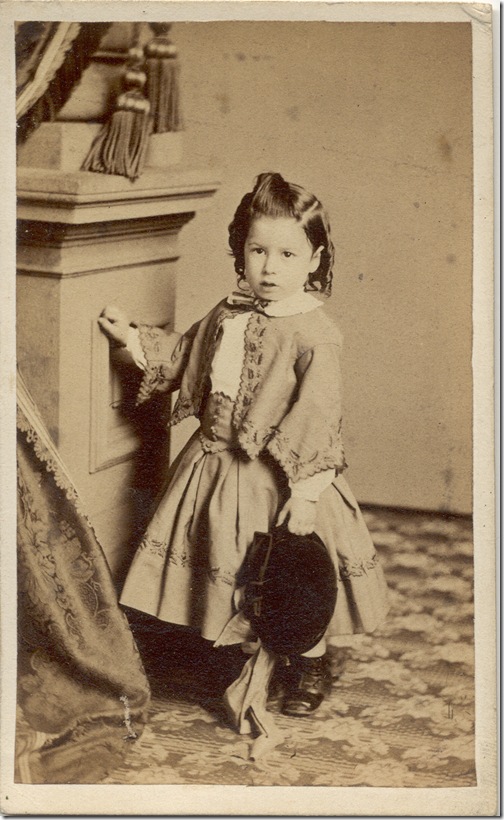Transcript:
Lockiel
13 March 1862
Dear Sir
Your letter of 8th inst. containing mentions of the “First City Union Associations” approving my administration of the War Dept has been received.
I beg you will say to the Gentlemen composing the Association, who have thus honored me, that I am greatly gratified by their compliment. The approbation of good men is the highest reward that can be given to a public servant; and I am thus more than paid for any toil I may have undergone.
I never had any wish for public Nation. Although I was elected to the U.S. Senate, I never held any other public office of honor or profit and I departed from my long fixed way of accepting none to go into the War Department, only when it seemed to me I must do so, or suffer dishonor. When our mighty army was prepared for the field, my mission was ended and I accepted gladly the first opportunity offered when I could leave it with credit, without embarrassing the President, and in the hands of a successor in whose ability and principles I hold confidence.
Very truly yours
Simon Cameron
Citation: Simon Cameron (1799-1889) autograph letter signed to A.T. Goodman. Lockiel, 13 March 1862. AMs 527/8.1









